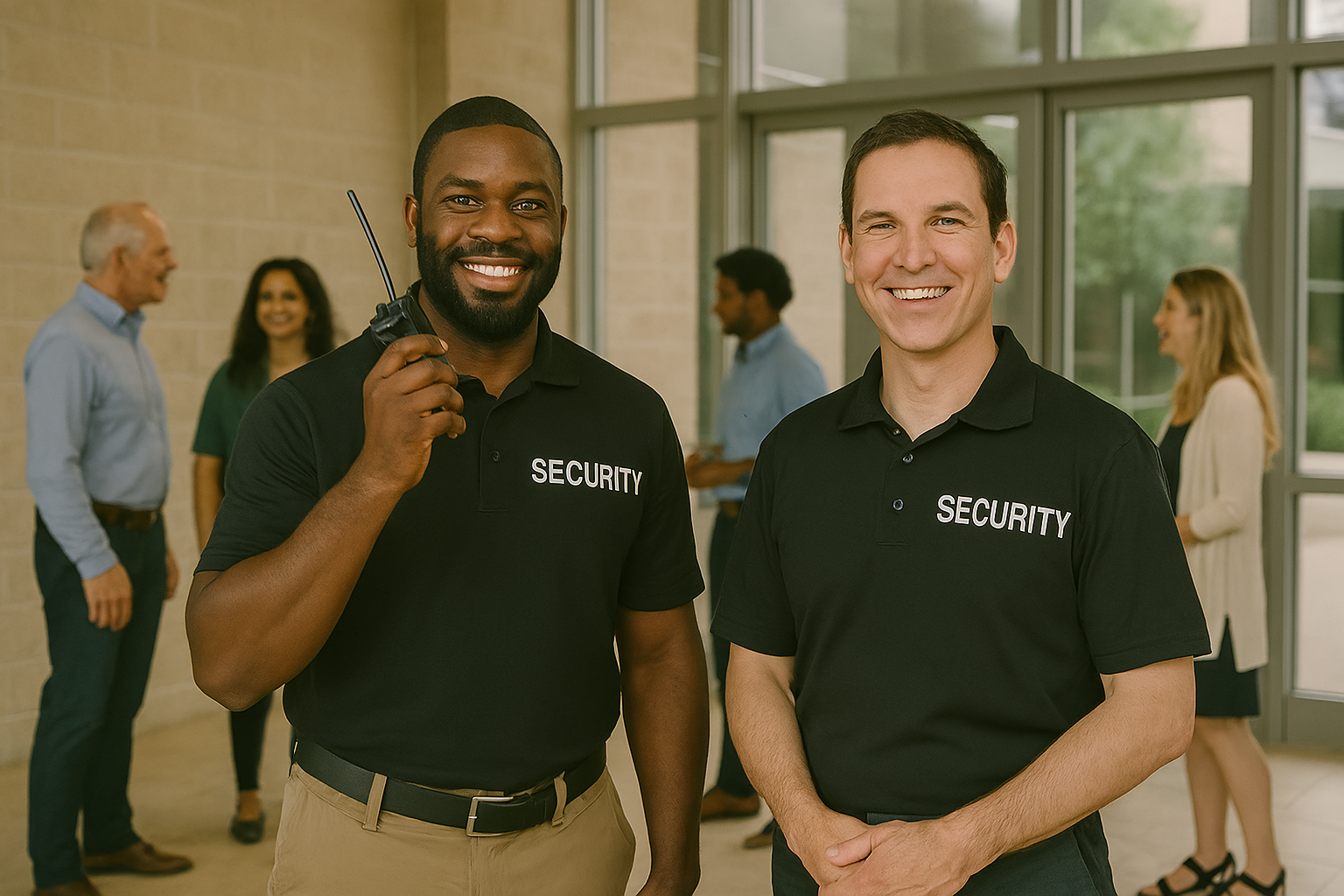No products in the cart

Protecting Children in Ministry: Recognizing and Preventing Grooming Behaviors
A Guide for Children's Ministry Leaders and Workers Leaders in...

NOTE: This article is informational only and does not constitute nor is it intended to serve as legal advice to our ministry clients. While we have consulted with our own legal counsel on the development of this article, ministries are strongly encouraged to consult with their own legal counsel to assist them in making a risk management decision that is most appropriate for their organization.
Effective January 1, 2025, a new California Senate Bill (SB 1454) has broadened the range of entities subject to oversight by the Bureau of Security & Investigative Service (BSIS), the state agency that regulates the Alarm, Locksmith, Private Investigator, Private Security Services, and Repossession industries.
The new law strengthens standards and increases regulations regarding “proprietary private security” – security hired directly by an organization rather than through a third-party security firm – by removing long-standing exemptions previously in place for “charitable philanthropic societies or associations” which included ministries and faith-based organizations. The removal of this exemption expands training requirements, licensing procedures, and employer responsibilities for proprietary private security employers and officers, and makes it an infraction for a person to engage in the business of a “proprietary private security officer” or a “proprietary private security employer” unless registered with the BSIS.
Let’s begin by looking at the definition of “proprietary security.” A Proprietary Private Security Employer (PSE) is specifically defined by California Business & Professions Code § 7574.01(f) as (1) a person who has one or more employees (2) who provide security services for the employer and only for the employer, regardless if at one or at multiple locations.
A Proprietary Private Security Officer (PSO) is defined by Business & Professions Code § 7574.01(g) as:
Think of the unarmed, uniformed security officers that you may have seen posted inside the front doors of retailers like Target or Ross Dress for Less wearing a uniform proprietary to their employer. Note, however, if an organization contracts with a “Private Patrol Operator” – a third-party private security firm – for uniformed security services (even if it’s always the same officer assigned to the same site), this is NOT “proprietary security” because the security officer is not employed directly by the organization they are guarding.
If a ministry safety team is made up of unpaid volunteers – whether CCW-carrying or not – who are plainclothes (i.e., not wearing a distinctive uniform identifying them as a security officer) and not meeting the definition of Propriety Private Security Officer as spelled out in Business & Professions Code § 7574.01(g), then it’s safe to say that SB 1454 will have no applicability or impact upon that ministry.
Conversely, if a ministry employs one or more unarmed, distinctively-uniformed security officers who have direct interaction with the public and who provide security services exclusively for the ministry, then that ministry – pursuant to text of Business & Professions Code § 7574.01 above – meets the definitions of a Proprietary Private Security Employer employing a Proprietary Private Security Officer, and is therefore subject to BSIS oversight and compliance with the Proprietary Security Services Act (Business & Professions Code §§ 7574 et seq.) In other words, the ministry – previously exempted from the Proprietary Security Services Act (PSSA) as a charitable philanthropic society or association – is no longer exempted and must now comply with applicable provisions of the Proprietary Security Services Act, at least as it relates to their PSO employees.
Proprietary Private Security Employers must:
Proprietary Private Security Officers must:
If your ministry employs uniformed, unarmed security staff directly – and those staff interact with the public – then yes, it would appear that SB 1454 applies to you.
If your security team is entirely made up of unpaid volunteers who do not meet the legal definition of Proprietary Private Security Officers, you are probably exempt.
Church HR Network will continue to closely monitor this matter and will provide timely updates to our clients should any significant developments arise.